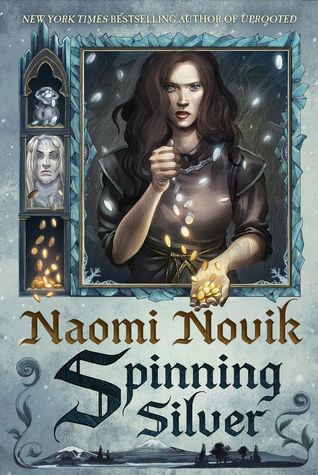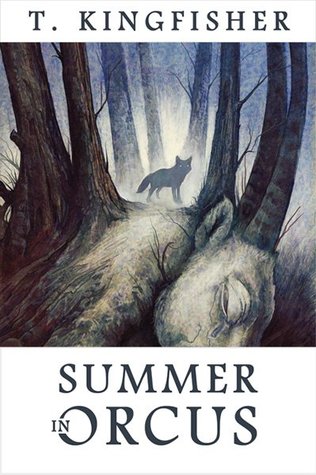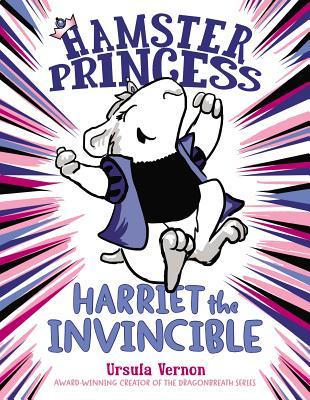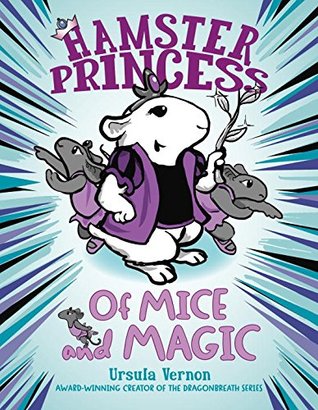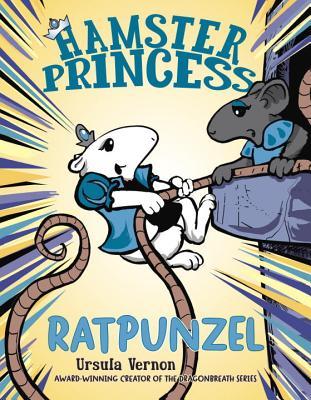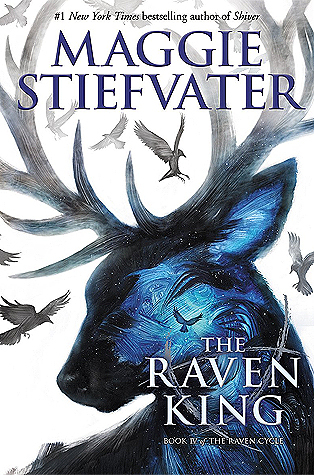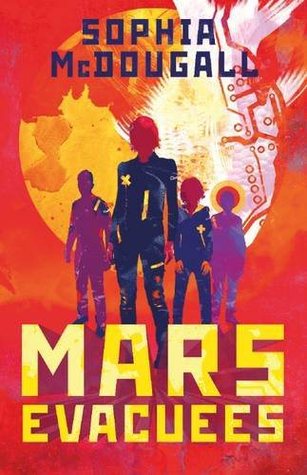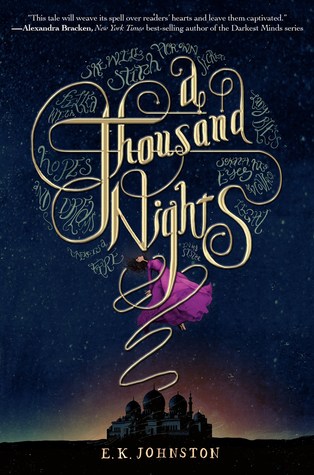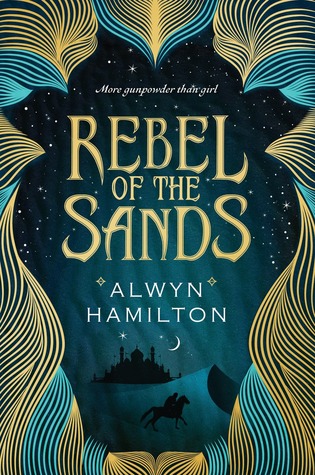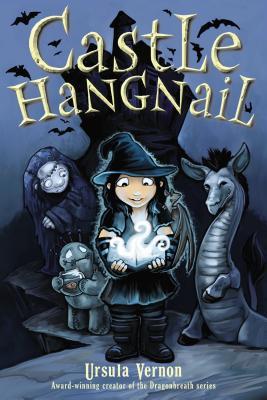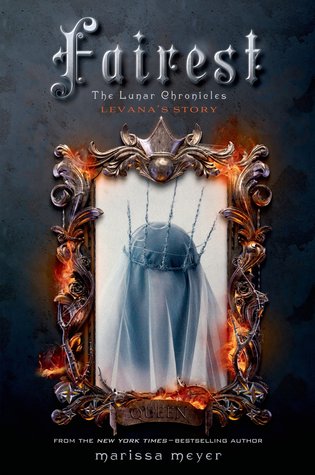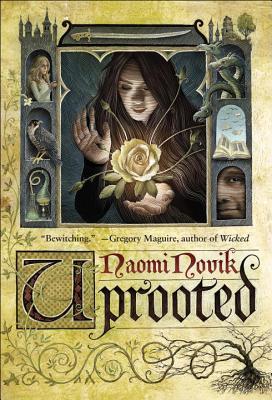What she's actually done is a complete reimagining of The Goose Girl—which is such an interesting fairy tale! There have been so many versions, from Shannon Hale's The Goose Girl to Intisar Khanani's Thorn, but there seems always to be something new to say about it, and whoo, boy, does Kingfisher find new things to say!
I don't want to say too much about this novel's relationship to the fairy tale, because part of the fun of reading was figuring out which characters were which and how she transformed some core elements to fit into her "Regency" setting. The juxtaposition of rather terrifying sorcery with ladies taking tea was at times hilarious and at times deeply disturbing!
(Kingfisher likes horror, and she seems to be playing a lot more with it these days. I can't read her novels that are actually horror; this one was fine for me, but be warned, it's serious when it says dark. Not YA, or, at least, not for younger or sensitive readers.)
The ladies taking tea: possibly my favourite part of the story was the friendship between Hester, Penelope and Imogene. Three middle-aged women forging three different paths to independence through the ridiculousness of social mores (and, yeah, Kingfisher is no doubt doing something with the three Fates or whatever, but I was just so delighted to have three completely different characters with important plot roles, none of whom played into any of the older woman stereotypes of the genre, that I didn't care if they symbolized anything!) They were so much fun! (There isn't a female version of the word "avuncular" and there should be: these were aunties of the best sort—and they weren't even defined by their relationship to the young protagonist.)
Hester is a protagonist in her own right, and isn't that another interesting thing: a fairy tale/Regency romance (sort of) with a young woman protagonist and an older woman with equal protagonismos. Hester has a brother who needs rescuing, and she calls in her friends who come at once, no questions asked. And when they realize that Cordelia (the young protagonist) needs rescuing, there is no hesitation from any of them despite the danger. I love these women!
The sorceress of the title is a heartless villain and Cordelia's mother. Great, great opening scene that defines their relationship and the mother's villainy and creates this undercurrent of fear that runs through the whole book. This isn't a villain who can be defied with impunity. (Have I repeated the word villain too many times? Because she's a doozy of one, just saying!) She's also vain, shallow and greedy, and the juxtaposition of her power with her petty desires is, well, terrifying. (IMHO she didn't need any kind of nuanced backstory: she's what you'd get if all of those conspiring side-characters in Regency romances had vast sorcerous power. Shudder!)
Cordelia could be compared easily to the eponymous heroine of Thorn: she is rendered helpless by her circumstances but she finds tiny ways to fight back, especially when she realizes who else is going to suffer from her mother's all-encompassing selfishness. It's lovely to see her recognize selflessness in others and trust in her own empathy as a power that might be greater than sorcery.
Is there romance? There is, in fact, and it's sweet and lovely and not at all the point of the story. The ending is satisfying on many levels, and the romance is sort of the cherry on top!
No one is as wonderfully weird as T. Kingfisher (well, Ursula Vernon probably is, but she manages to rein it in for her younger audiences!) This one is weird, wonderful, terrifying and hilarious, and you will never look at geese (or horses) the same way again!









